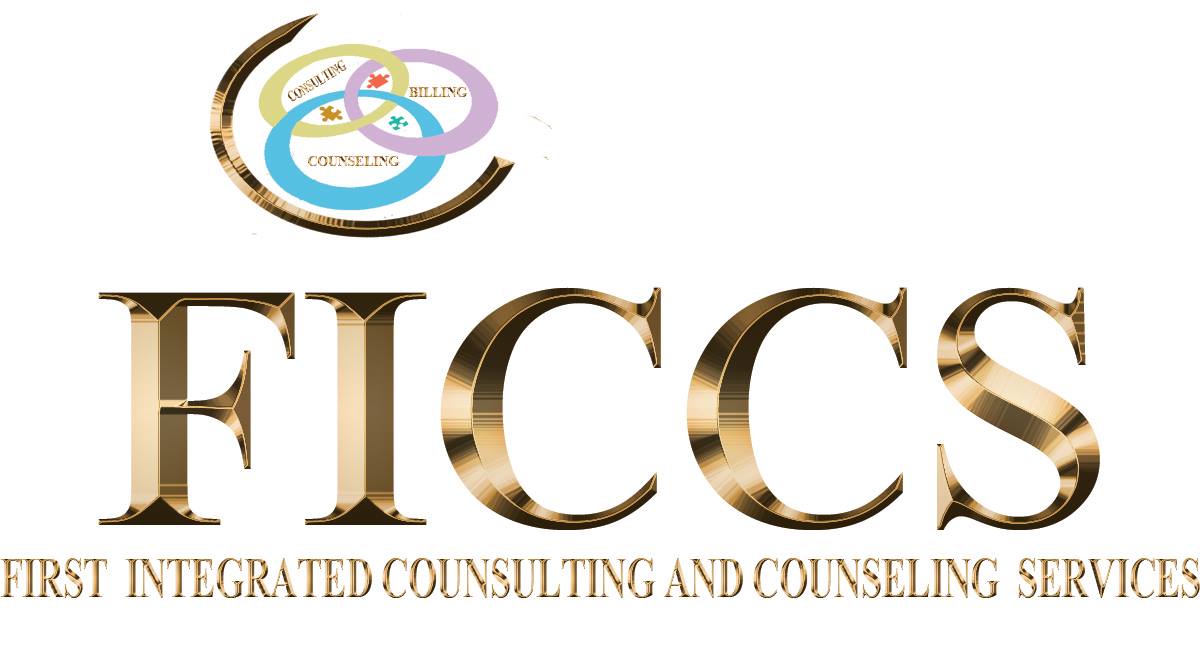
Behavioral Health Therapy
First Integrated counseling and consulting services partners with Grandissons Counseling and Healing Services(GCHS), which was established to provide integrated services to individuals battling mental health and co-occurring disorders to help individuals in need of behavioral services. GCHS serves different populations including children, teenagers, adults, couples, as well as LGBT members. GCHS has developed programs to help those at risk deal with traumatic experiences resulting from war, terror, abuse, domestic violence, and even natural disasters.
GCHS’s work is predicated on the belief that no one should have to face crisis alone. GCHS builds strong, lasting relationships with clients that seek our help. All services available to our community are based on shared understanding and collaboration with different professionals. We are always within reach with our crisis hotline. If you are going through a crisis, please know that you are not alone. We are here to help.
Everyone feels low from time to time, so it’s not always easy to know when it is part-and-parcel of daily life, and when it’s time to seek help. In most cases, it is short-term and self-correcting, but for a significant minority this is not the case. For those individuals, it is important to seek treatment just as you would any other health condition. Here we discuss six warning signs which, together, might indicate that it’s time to seek professional help.
What are the signs?
- You’ve been feeling low or irritable for most of the day, every day for two weeks or more. You might have found yourself worrying about past or future events for long periods of time, or simply feeling sad, cross or tearful. Sometimes it’s hard to recognize a gradual change – have others noticed that you don’t seem your usual self?
- You’ve lost interest in activities that you used to enjoy. Perhaps you have been seeing less of your friends or family recently, have stopped going to the gym, or cooking balanced meals. This is really about recognizing changes in what’s normal for you – no one is saying you have to exercise five times a week or eat your greens, but changes in your routine can offer concrete indications that your mood is changing.
- You are struggling to concentrate. You might notice that you struggle to focus when reading or watching television, for example, or to follow the thread of a spoken conversation. This could be affecting your performance at work, or limiting your ability to perform routine tasks such as food shopping. Again, we are looking for a change in what’s normal for you, so if concentration has always been something you find tricky there is little cause for concern.
Depression, like many mental health conditions, follows ‘the rule of thirds’: One third of sufferers will make a full recovery, one third will partially respond to treatment, and one third will not benefit from treatment at all. Your age, the duration of your symptoms, having a family history of depression, and co-occurring mental or physical health difficulties might all affect your prognosis. Some researchers believe that there is evidence for a ‘scarring’ effect, where the likelihood of suffering from a relapse in depression increases with the number of episodes you have already had. There is also an increased risk of suicide associated with severe depression.
